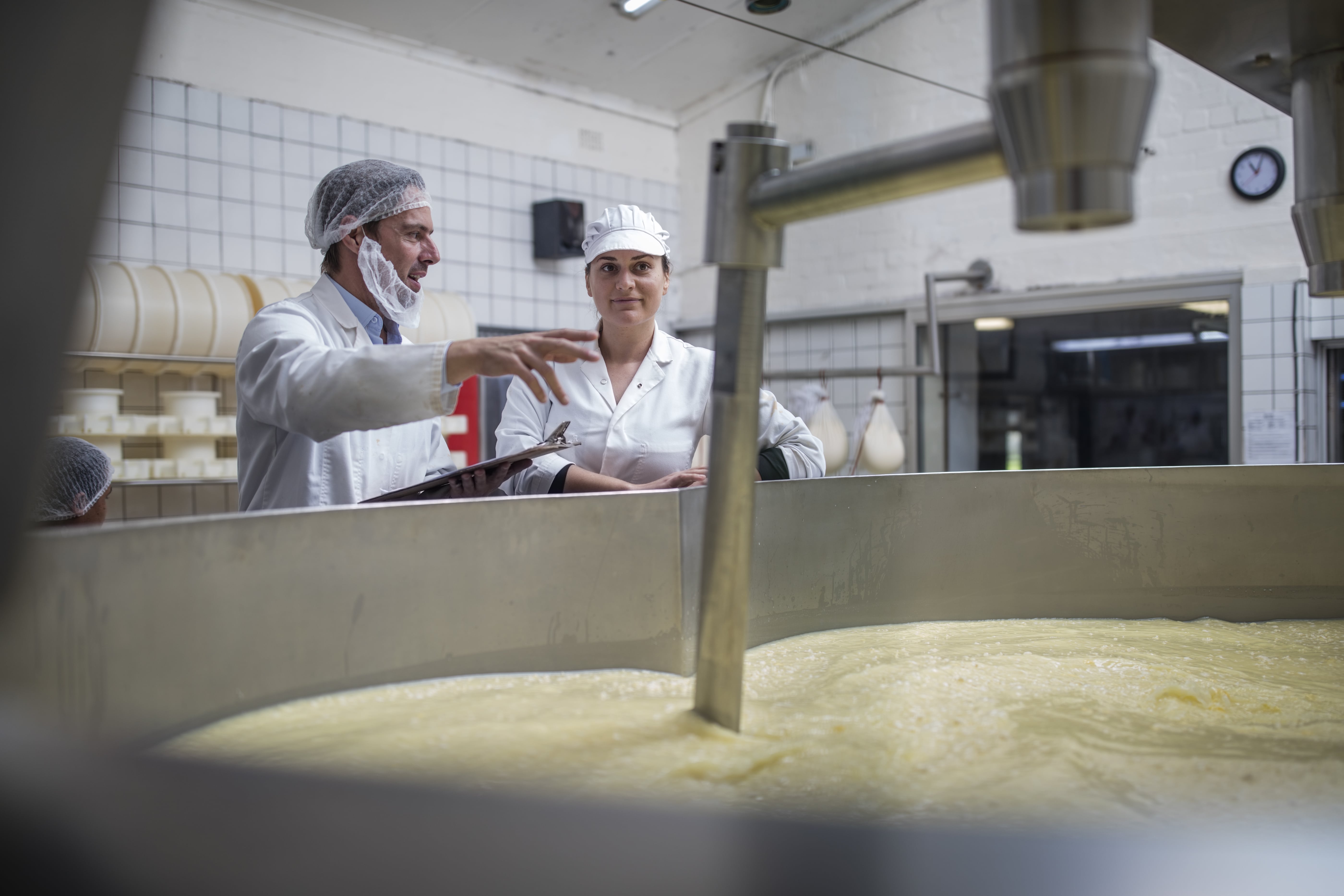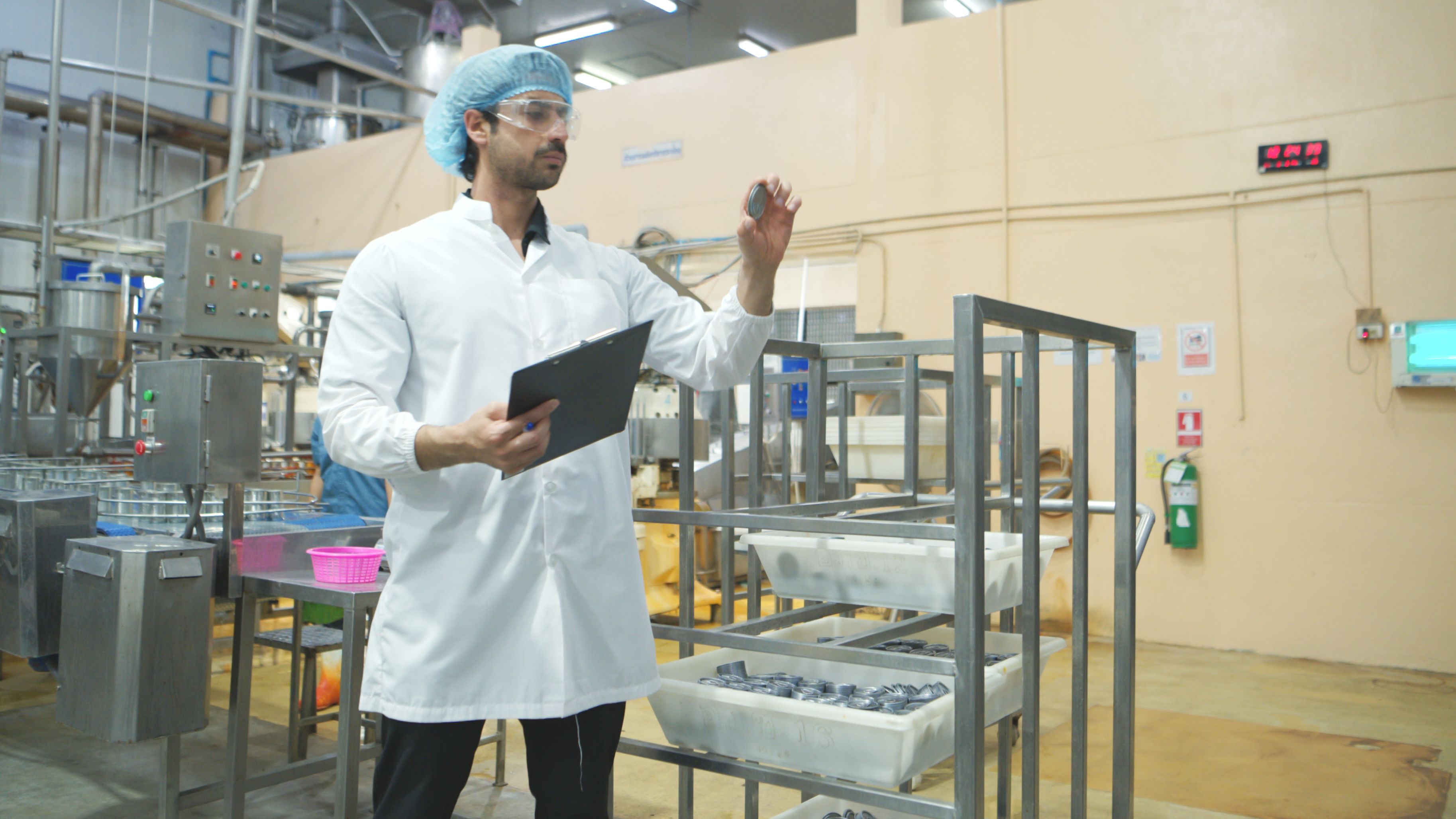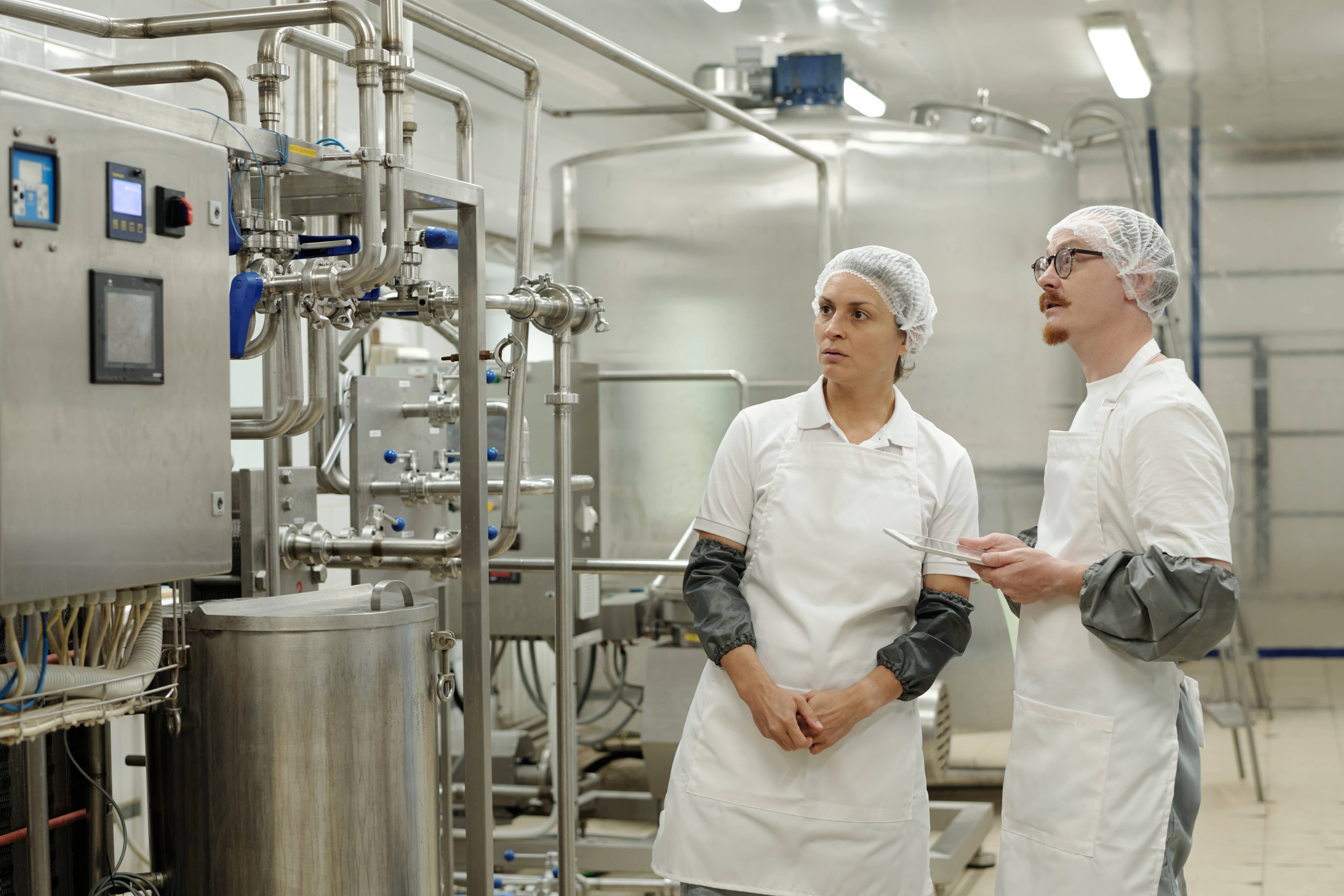Last Updated on April 11, 2025 by Admin
Table of Content
- What is Skill Development?
- Core skills to advance in most fields.
- Why is food education important?
- Importance of skill development
- Importance of Skill Development in The Food Processing Industry
- Types of Food Processing Skills and Courses
- Conclusion
Skill development supports professional and personal growth and development. In this blog, we will talk about the concept of skill development, with reference to its scope and importance in the food processing industry.
What is Skill Development?
Skill development encompasses several vital attributes, including identifying one’s skill gaps and enabling one to develop those skills to achieve their goal. In other words, it refers to systematic and sustained efforts towards improving one’s ability to perform job-related activities.
Useful Resources: Food Processing Schemes India | Food Processing Training In India | Food Contamination Process
Core skills to advance in most fields.
On a broader scale, skills can be divided into two types, namely soft skills and hard skills. Hard skills can involve specific knowledge acquired in a subject, certification, training, technical skills etc. Soft skills refer to personality traits, including communication, leadership, problem solving, decision making, negotiation, flexibility, relationship building, etc.
Why is food education important?
Food education is crucial to understand food safety. People are better equipped to avoid foodborne illnesses, reduce waste, and support sustainable practices by fostering food awareness. For the food processing industry, educated consumers also drive demand for higher standards in processing and handling, ultimately raising quality levels across the sector. Food education builds a foundation for healthier communities and encourages mindful, informed eating habits.
Importance of skill development
Both skills support a person to perform successfully at work and advance in most jobs. Skill development programs reflect positively on both employers and employees.
With access to quality skill development programs and courses, an attendee can increase their employability, enhance career prospects, and achieve strong personal growth. They gather updated and relevant knowledge concerning their fields and can fulfill tasks in less time with more results. The performance level improves, and so are self-confidence and efficiency.
Having skilled employees means being driven by motivated people who have a shared vision to succeed. Allowing employees to garner essential skills can help retain them and support a company to develop a long-standing competitive advantage.
Ways to Enhance Skill Development
Skill enhancement is a dynamic process involving various approaches. Embrace continuous learning through online courses, workshops, and seminars. Seek mentorship to gain valuable insights and practical guidance. Engage in collaborative projects and utilize platforms that foster skill-sharing. Stay informed about industry trends and advancements to adapt and refine your skill set consistently.
Importance of Skill Development in The Food Processing Industry
The food processing industry is one of the fastest-growing and largest industries in the country, and it is expanding at a CAGR of 11%. The industry engages approximately 1.93 mn people in around 39,748 registered units with fixed capital of $32.75 bn and aggregate output of around $158.69 bn. (Source)
It is expected that the industry will be worth over half a trillion dollars by 2025, and it will generate a whopping 9 million jobs by 2024.
The steady growth of the food processing industry results in an increased need for qualified and trained food processing professionals across different areas in the food processing sector. The Government has introduced effective programs to provide a sector-specific skilled workforce in the food processing industry and contribute towards achieving the projected skilled human resources as envisaged by National Skill Development Corporation (NSDC) in the food processing sector, i.e. 17.8 million persons by the year 2022. (Source).
Types of Food Processing Skills and Courses
The food processing industry is vast, and it has wide-ranging employment opportunities across many different specializations. Food manufacturing companies, packaging companies, food instrument and machinery entities, wholesalers, research laboratories, etc., are some of the entities that require adequately skilled people who can effectively handle diverse tasks.
The plethora of online courses and resources makes gathering required skills and knowledge convenient, fast and easy. The variety of resources, such as Assessment for Certification, eBooks, Online webinars, Self-Paced Learning, etc., cover different areas of the food processing industry, addressing students’ individual learning needs. Every form of these learning and resources is uniquely designed, allowing an attendee to efficiently gather updated and required knowledge. The self-paced learning mode, for example, supports an attendee to learn at their own pace, joining a stress-free learning environment driven by self-discipline.
Should you want to learn more about skill development in food processing in India, short term courses in food processing, skill development program etc., please visit the learning development page here.
Formal Education and Training
Formal education remains a cornerstone for skill development. Enroll in relevant courses, degree programs, or certifications offered by reputable institutions. Leverage structured curricula to build a strong foundation and gain in-depth knowledge. Collaborate with experienced educators and peers to enhance your understanding of theoretical concepts and practical applications.
On-the-Job Training
On-the-job training provides hands-on experience crucial for skill mastery. Embrace opportunities within your current role or explore internships and apprenticeships. Learn by doing, actively participate in projects, and seek feedback to refine your skills. Cultivate a proactive attitude, collaborate with colleagues, and observe industry best practices to maximize your on-the-job training experience.
Certifications
Certifications are valuable credentials that validate your expertise. Identify industry-recognized certifications related to your field and invest time in earning them. These certifications not only enhance your credibility but also demonstrate your commitment to continuous improvement. Stay abreast of emerging certifications to ensure your skill set aligns with industry standards, boosting your professional profile and career prospects.
References –
Conclusion
Skill development introduction is a powerful tool for personal and professional growth. It is especially important in sectors like food processing that rely on specialized knowledge. By investing in skill development, individuals and industries alike can boost productivity, innovation, and safety. As the demand for skilled professionals in food processing continues to grow, programs that emphasize hands-on training, certifications, and continuous learning become invaluable assets, supporting both career growth and industry advancement.
Read Also – Skill Development And Employment In The Food Processing Industry













